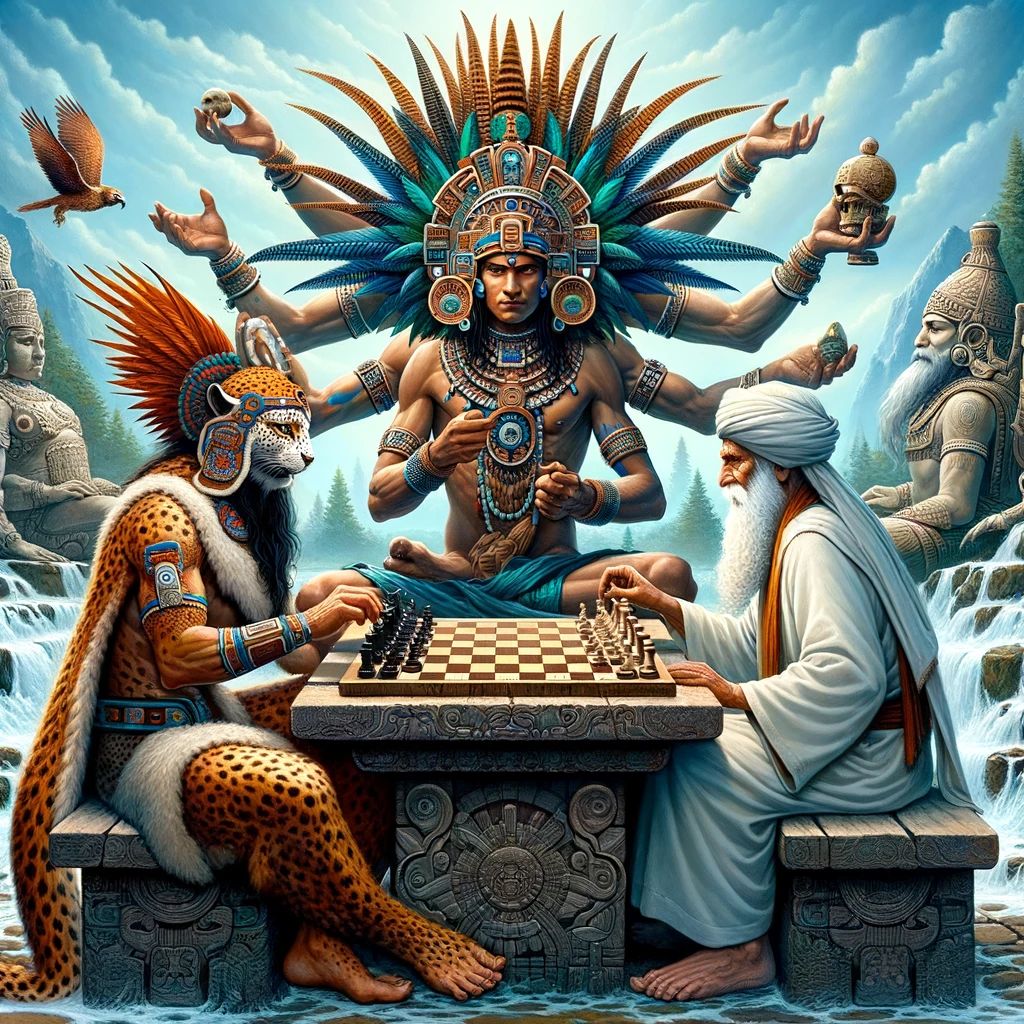
Cantor showed that some infinities are infinitely bigger than others.
We see the numbers that we do see at the expense of the numbers that we don’t.
There are far more weird numbers that we’ll never see than there are normal numbers that we will.
Apparently Kurt Gödel also works with this idea in his incompleteness theorem.
But first of all, in 1900 a man called David Hilbert who was known as a German but appears to have been born and raised in Prussia in an area that is now known as Russia.
According to the following video Hilbert corresponded or worked with Poincaré, Weierstrass, Church, Von Neumann among others.
Hilbert at some point gets interested in mathematics and starts thinking about recent controversies in mathematics and decides that mathematics needed to set down commonly agreed proofs for the field to be taken seriously.
This led to the announcing of the Hilbert’s 23 problems whose solutions were supposed to prove that mathematics is a complete science and which became pivotal in shaping modern mathematics.
Though the attempts to solve the 23 problems have led to lots of progress in the field of mathematics, the goal of proving that mathematics is a complete science will never be met. The existence of the 23 problems actually accelerated the disintegration of that idea because it led to Kurt Godel proving that there are more truths that are unprovable than there are truths that can be proven.
Nevertheless, this remains an interesting field. Though perhaps not for those who cannot abide uncertainty.
Hilbert’s axioms updated Euclid’s


